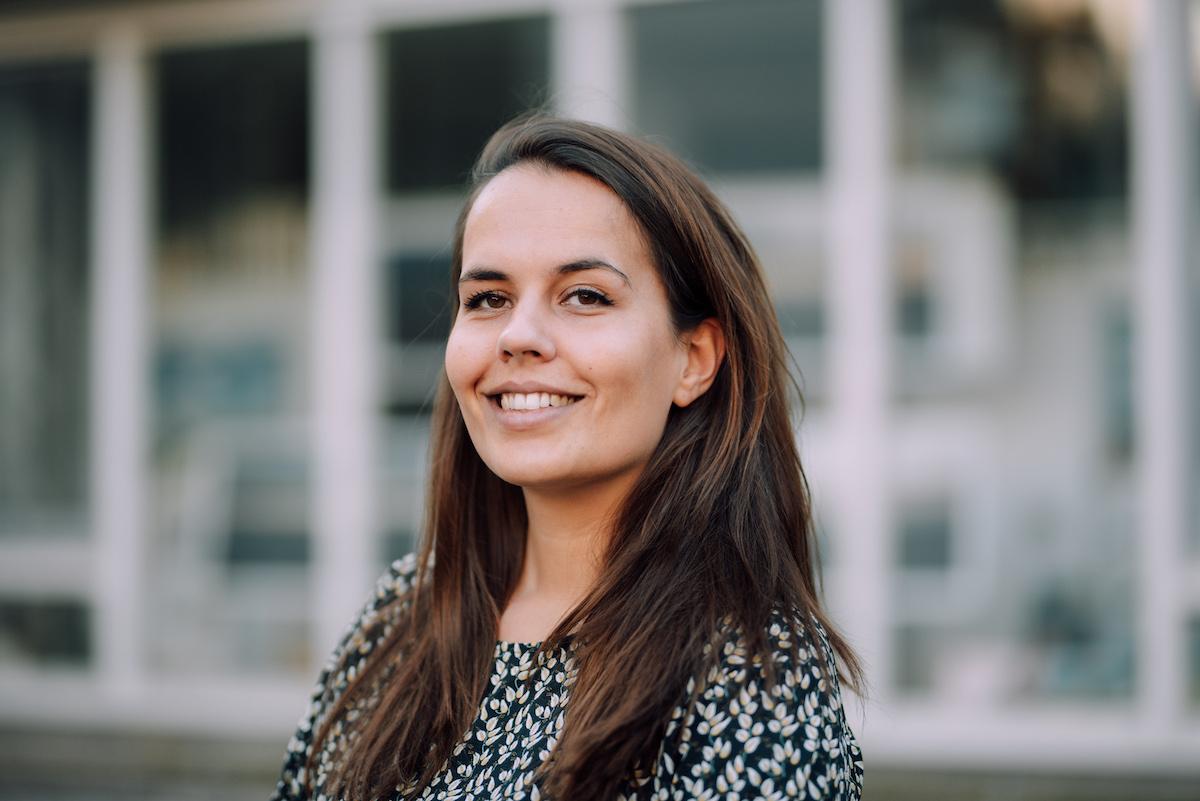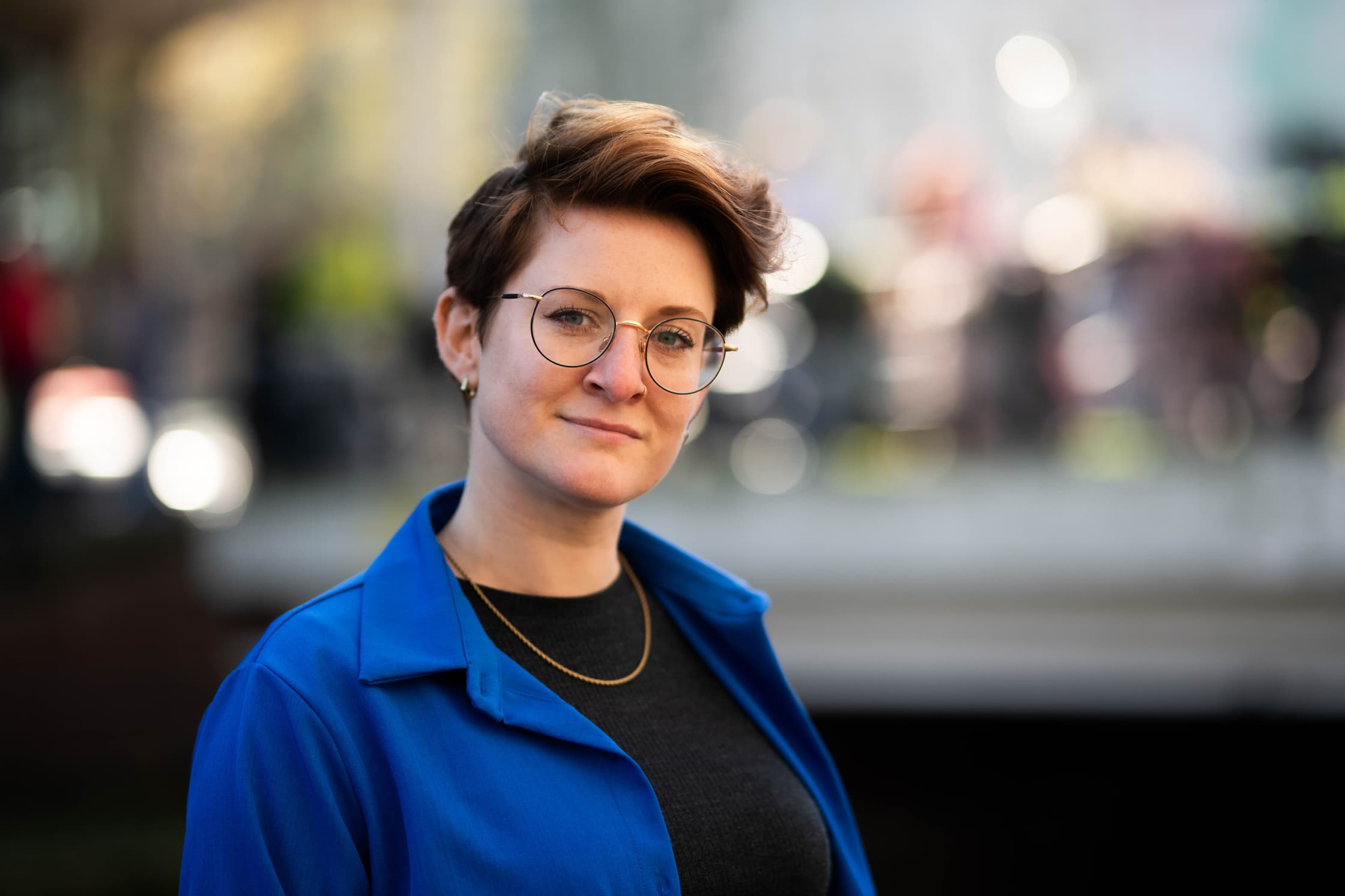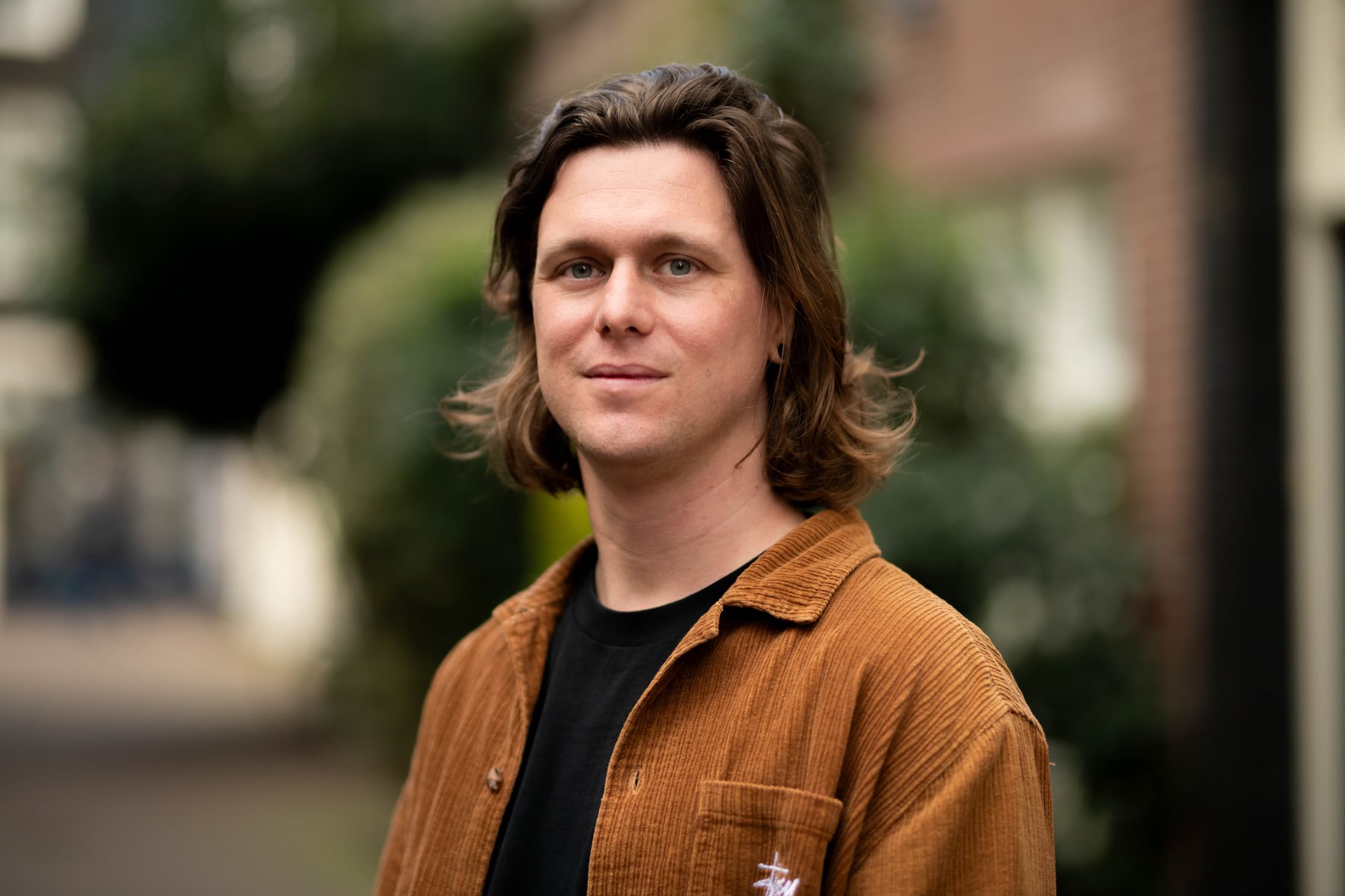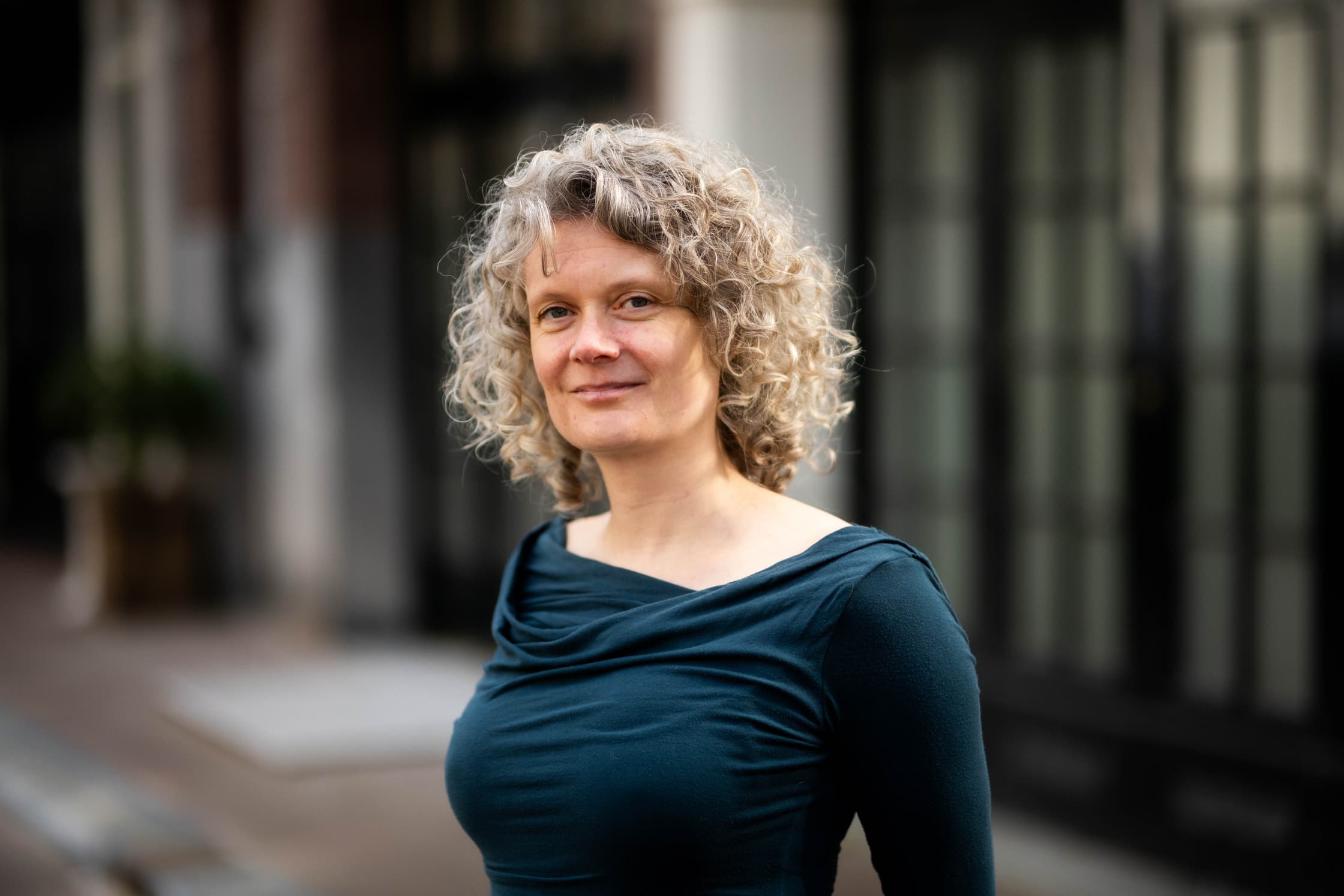Digitalization is increasingly forming the foundation of government services. For many people this is convenient and fast, but a large group of Amsterdam residents cannot keep up. They have difficulty using municipal services and regulations to which they are entitled, such as assistance with poverty, renewal of passports, access to energy benefits or participation in activities.
While municipal services continue to digitize, when people ask questions about services, the offer is not always appropriate (such as a mandatory online contact form) or visible (such as a hard-to-find telephone number). At the same time, personal contact with the municipality is becoming increasingly difficult. This increases the risk of exclusion.
Offered (digital) support
The ‘Local Connections’ project stems from the earlier study ‘Bridging the Digital Divide’ (2024-2025), in which Waag Futurelab, together with civil society organizations and the City of Amsterdam, developed a set of measures to bridge the digital divide in Amsterdam. One of these measures focused on the importance of accessible and visible offerings for (digital) questions and forms the basis for ‘Local Connections’.
The project focuses on the development of a clear and future-proof offer for support with digital help requests, focusing on the needs of different target groups. This aims to contribute to restoring the human dimension and accessibility of services for all. Thus, the needs of different target groups are mapped out in the area of supply for (digital) questions. The results will be compiled in a practical guide with concrete steps and tips to improve communication about the support offered.
An important role here is played by the civil society organizations involved in the city. They are close to the target groups and create sustainable places where people can learn, practice and get help in applying for (digital) services.
What does Waag do?
Waag's activities include:
- Literature research on methods to map contact preferences of target groups.
- Cooperation with social organizations such as the OBA, De Regenboog Groep, Stichting SINA and Cybersoek, so that the developed method can be tested in practice. Amsterdam municipal departments such as Digitalization & Innovation and Services are also actively involved.
- Organising a workshop, in which together with partners the current bottlenecks regarding support will be analyzed. Interim results will be presented during the Amsterdam Digital Inclusion Day on November 27, 2025.









